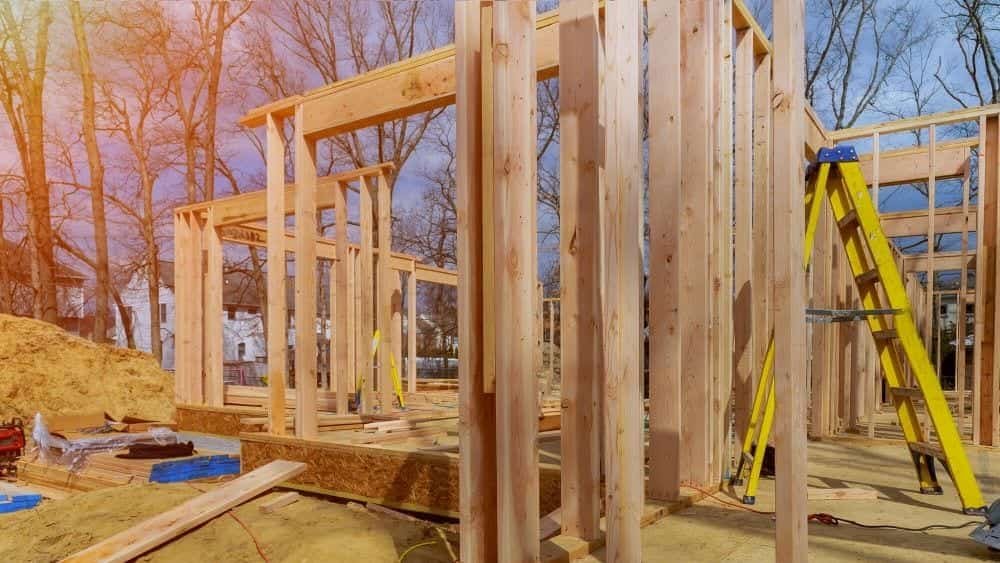Real estate has always been about relationships — but how those relationships begin has changed forever. In today’s digital-first world, buyers and sellers are turning to search engines, social media, and online reviews long before they ever speak to an agent. That’s why real estate SEO and digital visibility are no longer optional — they’re the foundation of modern real estate marketing.
As the industry evolves, agents and brokerages that adapt to digital trends will thrive. Let’s explore the key shifts shaping the future and how to stay ahead of the curve.
1. Search Is the New Front Door
Whether someone is buying, selling, investing, or just browsing — their journey almost always begins on Google. Your ability to show up at that critical moment depends entirely on your digital footprint.
Ranking on page one isn’t about luck. It’s about strategy. You need:
-
A fast, optimized website
-
Targeted landing pages for each city or neighborhood
-
Consistent content creation
-
Smart use of real estate SEO keywords
The agents dominating search in 2025 aren’t just the ones with the biggest budgets — they’re the ones who’ve invested early in long-term visibility.
2. Video Is Becoming the Preferred Format
Static images and text are being replaced by video content. Buyers want virtual walkthroughs, lifestyle previews, and even behind-the-scenes footage from agents.
Whether it’s YouTube, Instagram Reels, or TikTok, video creates deeper engagement — and better retention.
Create videos like:
-
“What $500K Buys You in [City]”
-
“Top 3 Neighborhoods for Families in [Zip Code]”
-
“Inside a Newly Renovated Bungalow in [Area]”
When uploaded with optimized titles and descriptions, these videos also support your broader seo for real estate agents strategy by increasing visibility across platforms.
3. Hyperlocal Content Is the New Differentiator
Generic listings are no longer enough. Today’s buyers want to know what it’s like to live in a particular neighborhood, not just what’s inside the home.
The most effective realtors are creating content like:
-
Neighborhood guides
-
Local event roundups
-
School and amenity breakdowns
-
Community interviews and stories
This type of content builds trust with your audience — and gives Google a reason to rank your site for dozens of local SEO for real estate terms.
4. Mobile-First Is Mandatory
More than 60% of all real estate website traffic comes from mobile devices. If your site isn’t optimized for smartphones, you’re alienating most of your audience.
A mobile-first experience should include:
-
Fast load speeds
-
Click-to-call buttons
-
Easy-to-navigate menus
-
Responsive image galleries
-
Short, punchy content blocks
These features also reduce bounce rate and improve on-page metrics — both of which impact your seo for real estate websites performance.
5. AI and Automation Will Streamline (Not Replace) Agents
AI isn’t here to replace realtors — it’s here to make you faster, smarter, and more scalable. You can now use AI to:
-
Write listing descriptions
-
Analyze market trends
-
Auto-generate blog post ideas
-
Run chatbots on your website
-
Predict buyer behavior
By combining automation with your personal touch, you free up time to focus on relationships — while still scaling content and outreach.
And when your content is backed by the expertise of a real estate SEO expert, AI becomes an accelerator — not a shortcut.
6. Branding and Authority Are More Important Than Ever
Online trust is everything. The future belongs to agents who aren’t afraid to be visible, consistent, and authentic.
This means:
-
Showing your face on video
-
Posting regularly on social platforms
-
Sharing your client wins and personal stories
-
Asking for reviews and testimonials consistently
The more visible and authoritative you become, the more Google rewards your site — boosting performance across your real estate SEO strategy.
7. Paid Ads Alone Won’t Cut It
Too many agents still rely on pay-per-click ads as their primary traffic source. But when the ad budget dries up, so does the lead flow.
The future belongs to agents who invest in organic growth through:
-
Blogging
-
Evergreen video content
-
Email nurturing
-
Long-term real estate SEO services
Paid ads can supplement this strategy — but they should never replace it.
Final Thoughts
The digital future of real estate is already here. The agents who embrace this shift — and build their brands across search, content, and social — will dominate for years to come.
Success no longer belongs to those who yell the loudest. It belongs to those who show up consistently, educate generously, and build trust with every click.
If you’re ready to future-proof your real estate business, now’s the time to invest in visibility, branding, and scalable systems — all powered by smart, modern real estate SEO services designed for what’s next.

